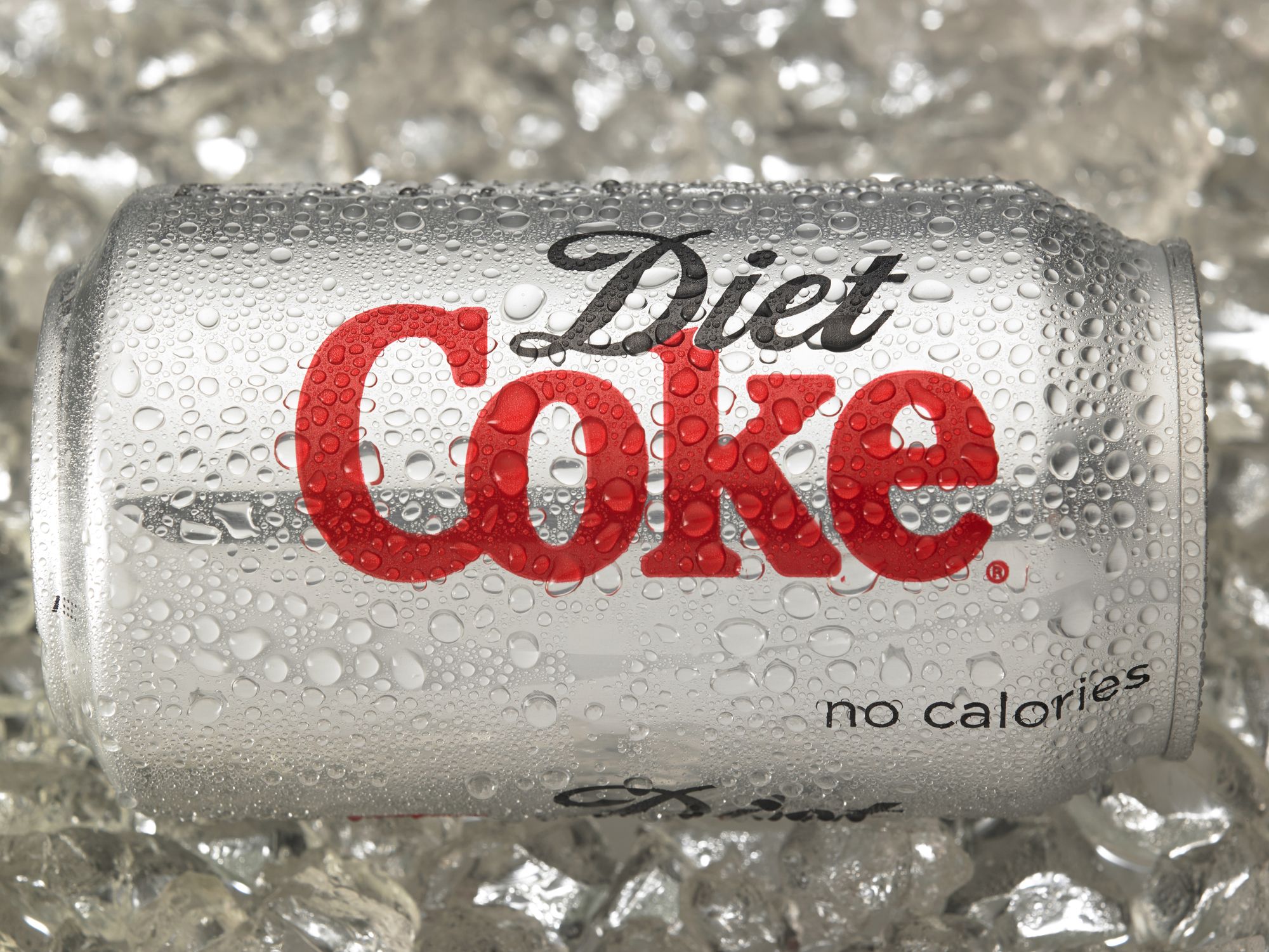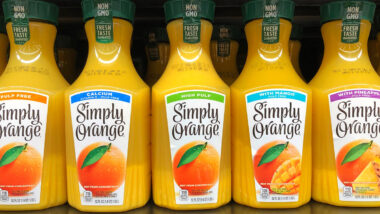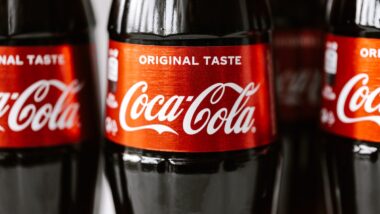Top Class Actions’s website and social media posts use affiliate links. If you make a purchase using such links, we may receive a commission, but it will not result in any additional charges to you. Please review our Affiliate Link Disclosure for more information.

Plaintiff Shana Becerra filed the class action lawsuit alleging that scientific evidence shows that Diet Coke consumption actually leads to weight gain.
The Coca-Cola false advertising class action lawsuit states that Diet Coke contains calorie free sweeteners, but studies show that “nonnutritive sweeteners like aspartame interfere with the body’s ability to properly metabolize calories, leading to weight gain and increased risk of metabolic disease, diabetes, and cardiovascular disease.”
U.S. District Judge William Alsup determined that the Diet Coke false advertising class action lawsuit had not provided sufficient scientific evidence to back up their claim that Diet Coke causes weight gain, though they provided 13 studies to support their case.
He states that “with a conclusory wave of counsel’s hand, Becerra has overstated the actual science set forth in the citations.” Judge Alsup says that though they did link artificial sweeteners to weight gain, and though Diet Coke contains artificial sweeteners, the Diet Coke class action lawsuit did not provide enough evidence to “prove” the product’s connection to weight gain.
Judge Alsup also rejected Becerra’s claim that Coca-Cola falsely advertises Diet Coke as a weight loss product, specifically countering Becerra’s argument that Coca Cola’s use of images of thin people to advertise Diet Coke constituted a promise of weight loss to its consumers.
In Alsup’s words, reasonable consumers “understand that advertising will feature healthy and attractive consumers enjoying the subject products and will not star the unhealthy and unfit.”
The federal judge also poked holes in Coca-Cola’s arguments. Becerra claimed that Coca-Cola’s use of the term “diet” violated California state law, and Coca Cola countered this, saying that a federal law giving “safe harbor” to the usage of certain marketing terms, including “diet.” However, Judge Alsup says that the state laws were not expressly preempted by federal law in this case.
The Diet Coke class action alleged that Coca-Cola violated the California False Advertising Law, the California Consumers Legal Remedies Act, the California Unfair Competition Law, and claims that the advertising represents a breach of express and implied warranty.
Becerra cites numerous types of Coca-Cola’s advertisement as a part of the misrepresentation, including images showing fit people enjoying Diet Coke, use of the term “diet,” and presenting Diet Coke as a healthy alternative to regular Coke.
Judge Alsup granted Becerra until March 22 to amend her complaints and bring the class action lawsuit forward again.
The plaintiff is represented by Jack Fitzgerald of The Law Office of Jack Fitzgerald PC.
The Coca-Cola Diet Coke False Advertising Class Action Lawsuit is Becerra v. The Coca-Cola Co., Case No. 3:17-cv-05916, in the U.S. District Court for the Northern District of California.
UPDATE: On Nov. 21, 2018, the Coca-Cola Company asked the Ninth Circuit to uphold the dismissal of a class action lawsuit alleging the soda maker duped consumers by deeming its artificially sweetened version “diet.”
ATTORNEY ADVERTISING
Top Class Actions is a Proud Member of the American Bar Association
LEGAL INFORMATION IS NOT LEGAL ADVICE
Top Class Actions Legal Statement
©2008 – 2024 Top Class Actions® LLC
Various Trademarks held by their respective owners
This website is not intended for viewing or usage by European Union citizens.















142 thoughts onJudge Dismisses Diet Coke False Advertising Class Action Lawsuit
add me
Add me
Please add me
Add me
Add me
Please add me
please add me
ADD ME
Add me
What, a judge practicing medicine without a license? That’s almost as crazy as Congress doing the same thing. Oh, wait… As a physician, I agree with the scientific evidence that the artificial sweeteners in diet soda not only contribute to weight gain, but also directly contribute to the development of diabetes by mimicking sugar in the body and creating a downstream cascade that triggers insulin resistance (the underlying cause of diabetes).
I am hear to say that drinking Diet Coke has changed my life forever! I am now a diabetic. My doctor said it’s because of the artificial sweeteners used in the product. Diet Drinks are very misleading to the consumer. We think because it’s zero calories it’s much better for us than regular soft drinks. It’s a total misleading marketing gimmick! If I had a do over I would be more aware of what’s in all products we buy and consume! Diet Coke is for sure a killer!